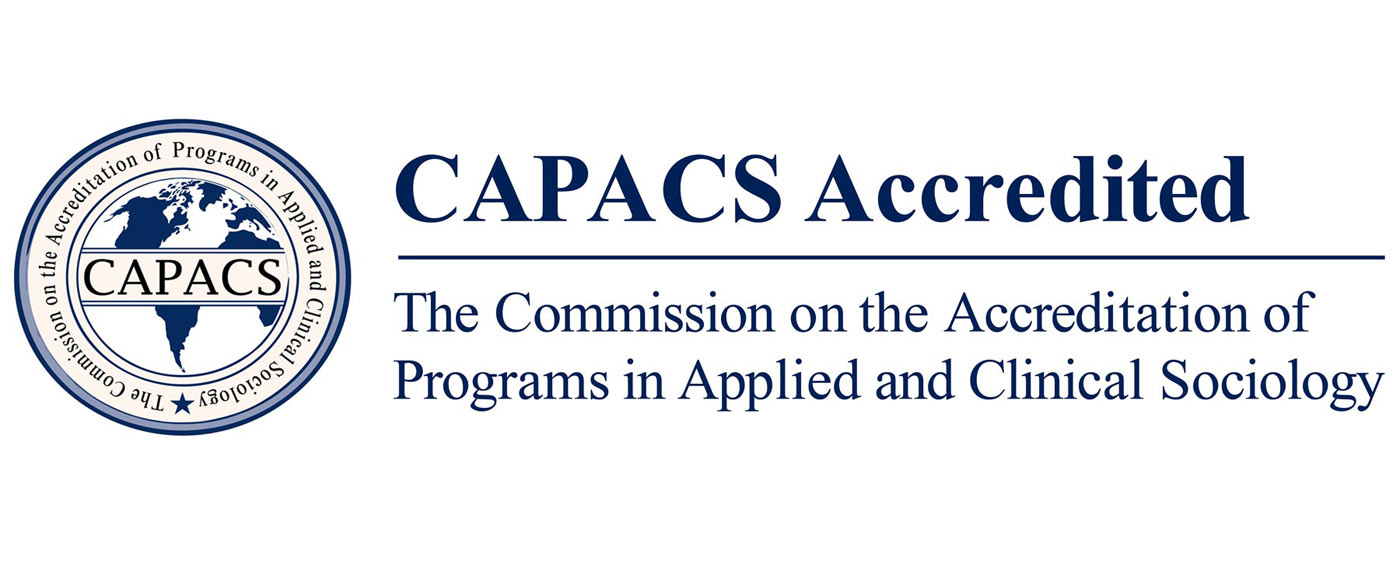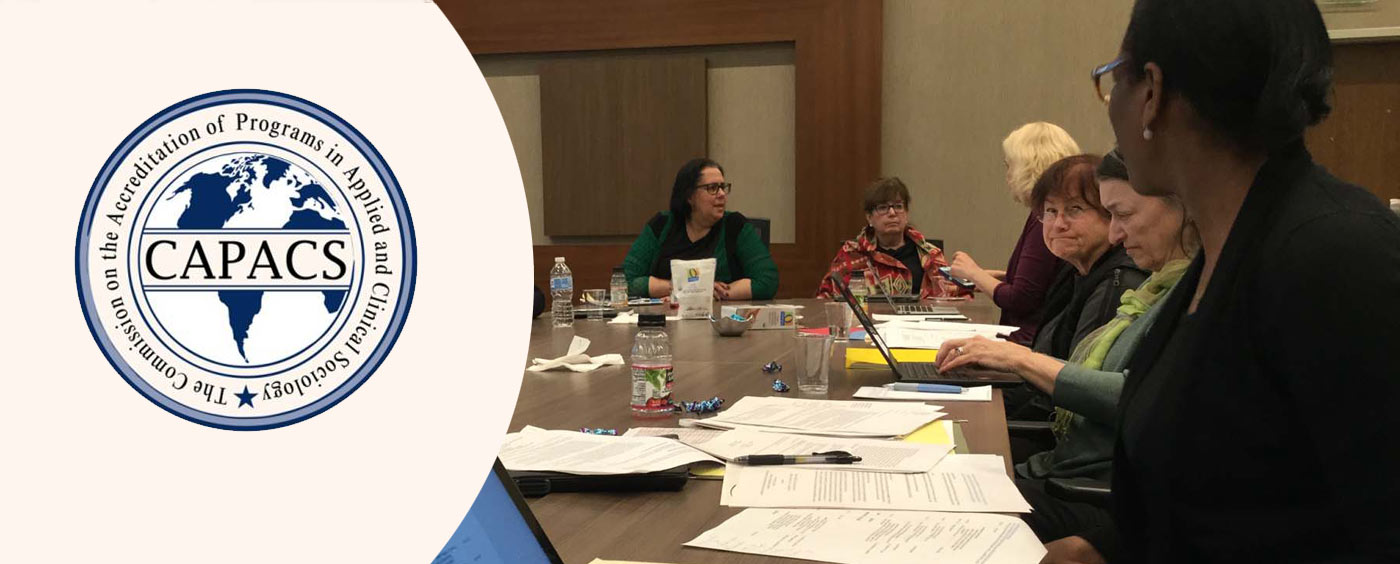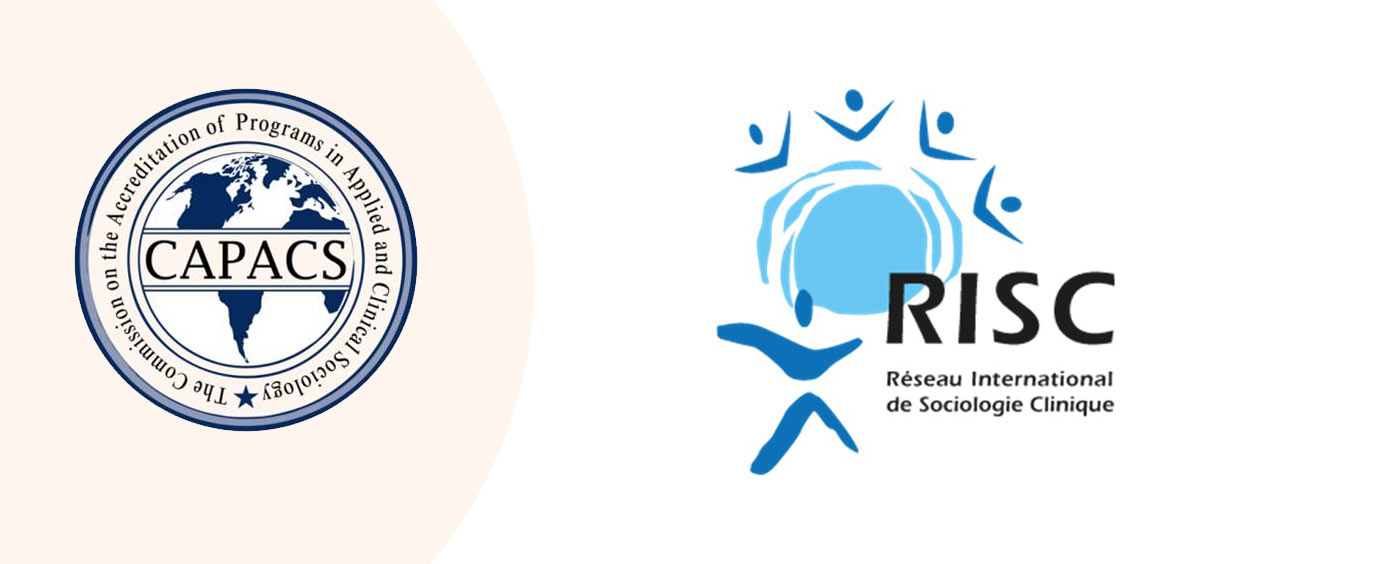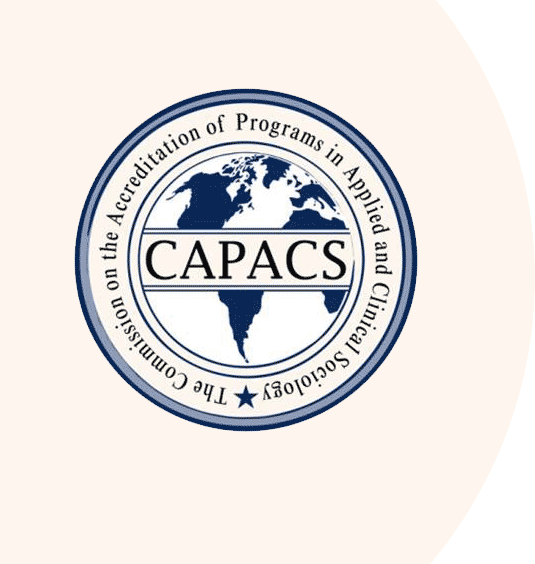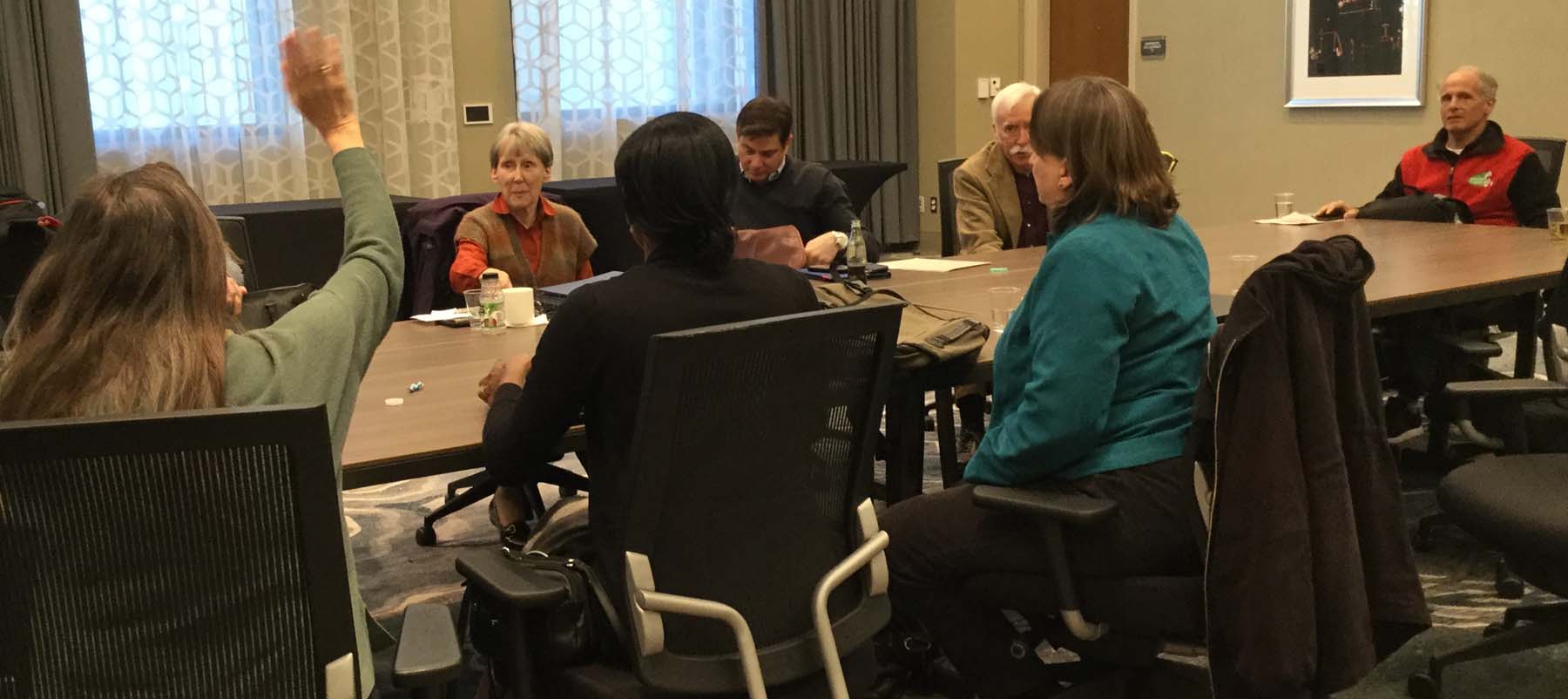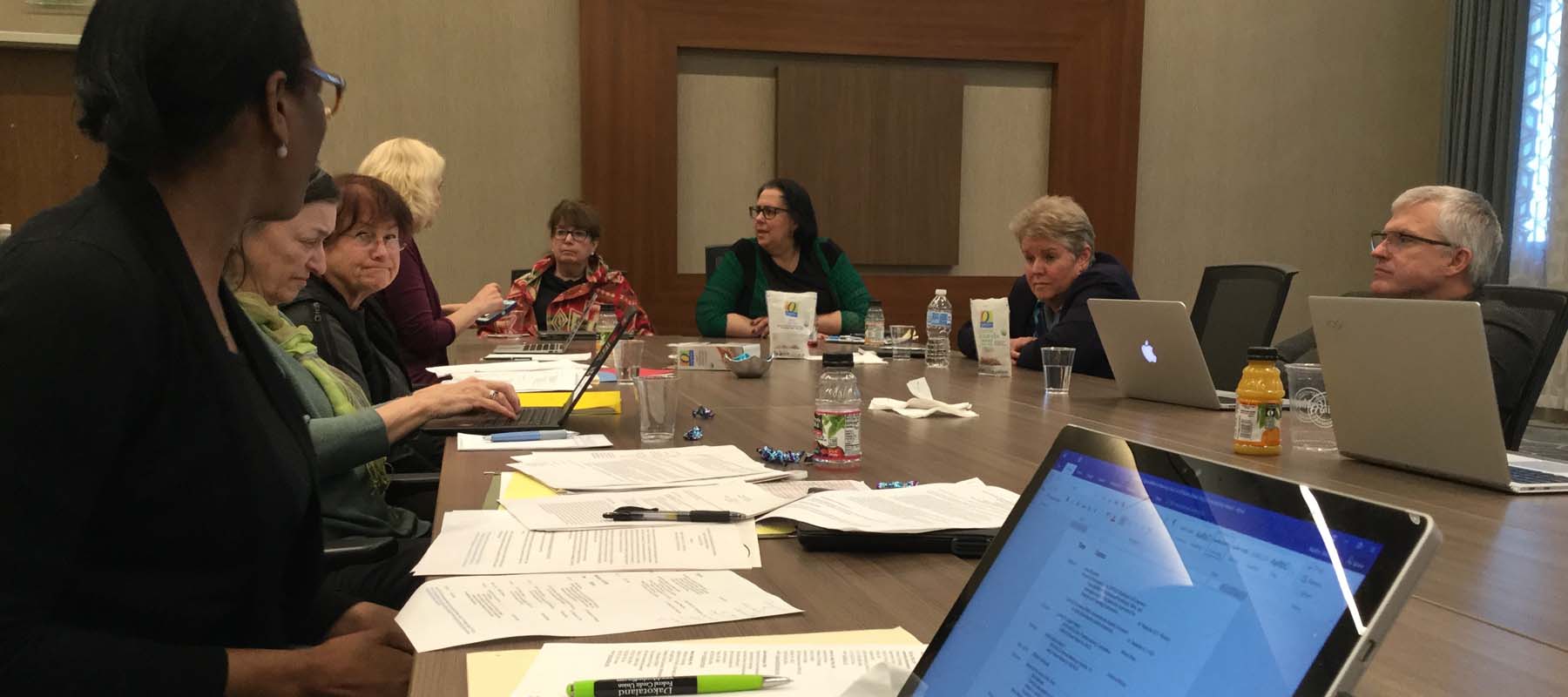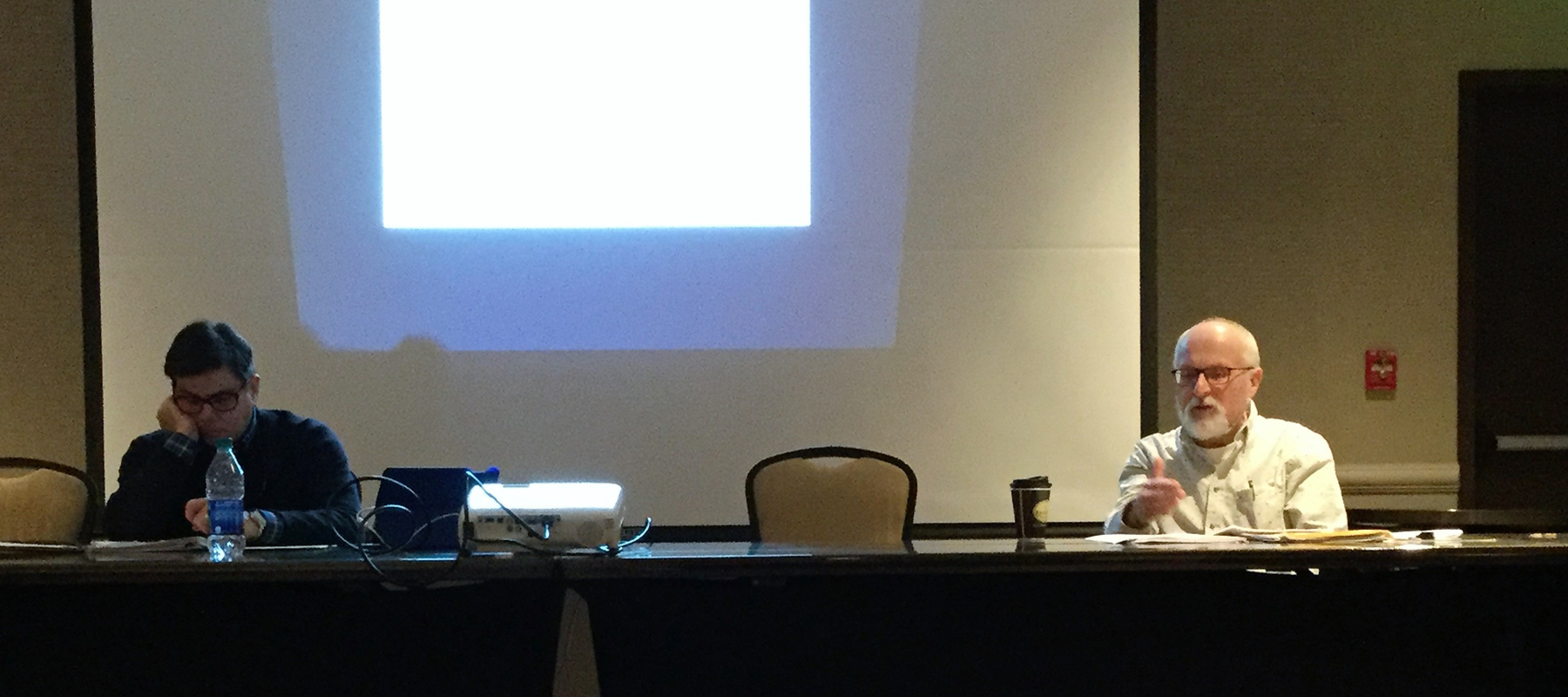About the Commission
Mission
The Commission on the Accreditation of Programs in Applied and Clinical Sociology (CAPACS) seeks to develop, promote, and support quality sociological education and practice through the accreditation of bachelor's, master's and doctoral programs in sociological practice (applied sociology, clinical sociology, engaged public sociology, translational sociology, forensic sociology, or rural sociology). It establishes standards for such programs, accredits programs that demonstrate that they meet these standards, and monitors accredited programs to ensure that they continue to meet the standards.
Vision
The Commission on the Accreditation of Programs in Applied and Clinical Sociology (CAPACS) was established in 1995 by representatives of the Society for Applied Sociology (SAS) and the Sociological Practice Association (SPA) as an independent accreditor and "Business League" under Section a 501 (c) (6) of the Internal Revenue Code. Its purpose is to develop, promote, and support quality sociological education and practice through the accreditation of programs in sociological practice (applied sociology, clinical sociology, engaged public sociology, translational sociology, forensic, and rural sociology). In addition, students must have meaningful practice experience, such as an internship. Formerly known as the Commission on Applied and Clinical Sociology (CACS), the organization changed its name in 2010 to convey its focus and work more accurately.











